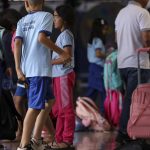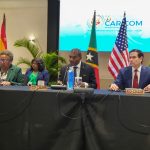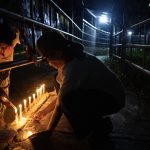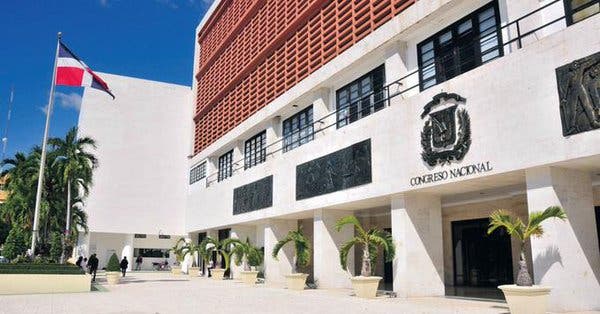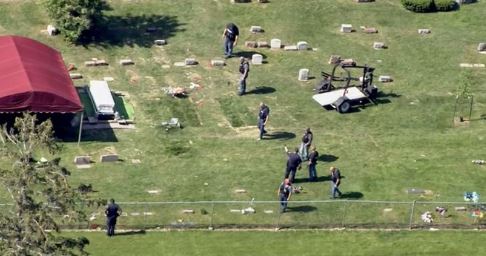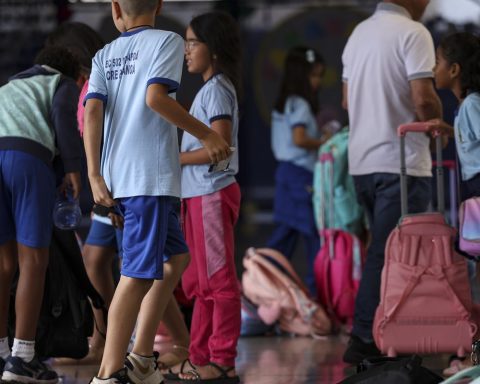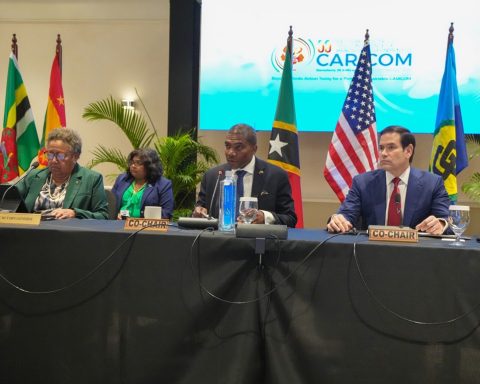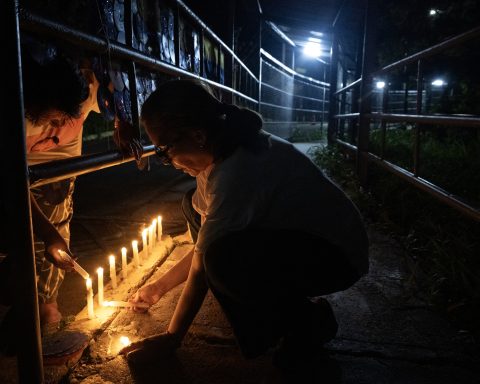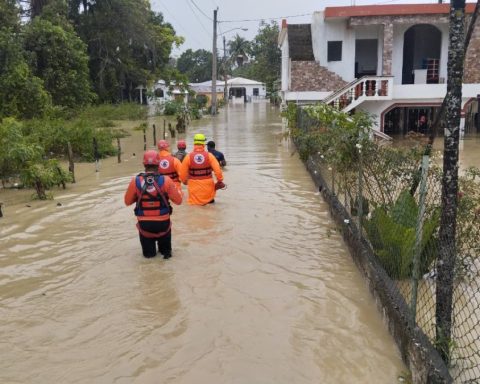The Office of the Special Rapporteur for Freedom of Expression of the Inter-American Commission on Human Rights (IACHR) assured that during the visit of its owner, Pedro Vaca, to Peru last May, he was able to perceive a “climate of tension” between the Government, Congress and the media.
In a releasewhere he presented his observations and preliminary conclusions on freedom of expression in the country, indicated that he also perceived various forms of violence and harassment against journalists, as well as a “profound ignorance” on how to process controversies through the self-regulation instances of the press in Peru.
“The sum of these elements would be fueling dynamics that hinder the creation and dissemination of information; the free and plural debate of ideas; and the scrutiny of public action, all of which is necessary to achieve a solid democracy that guarantees fundamental rights”he stated.
He also warned of a serious deterioration in public debate, serious daily limitations on the work of the press, a climate of violence and hostility against journalists and the mediaas well as constant attempts to exclude different thoughts, including through physical violence.
He explained that all of this, as reported, would have worsened after the 2021 presidential campaign, particularly due to the tension accumulated between the first and second rounds of the electoral process.
He indicated that proof of this has been the harassment against members of the National Electoral Jury (JNE)and in particular against its president, Jorge Luis Salas Arenas, who – from his point of view – has been the object of public campaigns aimed at “stigmatize, discredit and disqualify him”as well as a victim of numerous intimidations and threats, which motivated the IACHR to grant him precautionary measures.
He referred that after almost a year of government of President peter castleand in a context marked by a “deep political polarization fueled by unproven accusations of electoral fraud”there are patterns in the country related to serious threats to freedom of expression and other related rights.
“In particular, the Rapporteurship observes with concern the excessive and systematic use of criminal and civil prosecution of speeches of high public interest, including significant economic sanctions imposed on journalists and communicators”he underlined.
In the same way, he narrated that the first months of the Government and of Congress have been marked by stigmatizing statements against journalists and the mediaincluding by officials of the highest rank of the State.
“In the opinion of the Rapporteurship, such statements contribute to generating a climate of contempt for the work of the press and permissiveness in the face of violence against journalists”narrowed down
Prohibition of the entry of journalists to Congress
The Rapporteurship also specified that another recurring element observed during the visit to the country is related to opacity, lack of access to information, and the increase in obstacles for journalists to access public sources, including access to physical spaces, official documentation and the same officials.
He gave as an example the scant appearance before the media by President Pedro Castilloas well as the prohibition of entry to the Congress of the Republic to journalists and communicators.
“In both instances, the Rapporteurship warns of the symbolic burden that these impediments mean for journalism in the country and for citizen confidence in democratic institutions, as well as the practical consequences that this entails for the correct work of independent, diverse and journalistic journalism. quality”said.
Finally, the Rapporteurship called on the Peruvian State, its institutions and representatives, to take “urgent and decisive measures” to put an end to the growing tension with the media and with journalists, promoting an environment conducive to the debate of ideas and the exercise of journalism.







